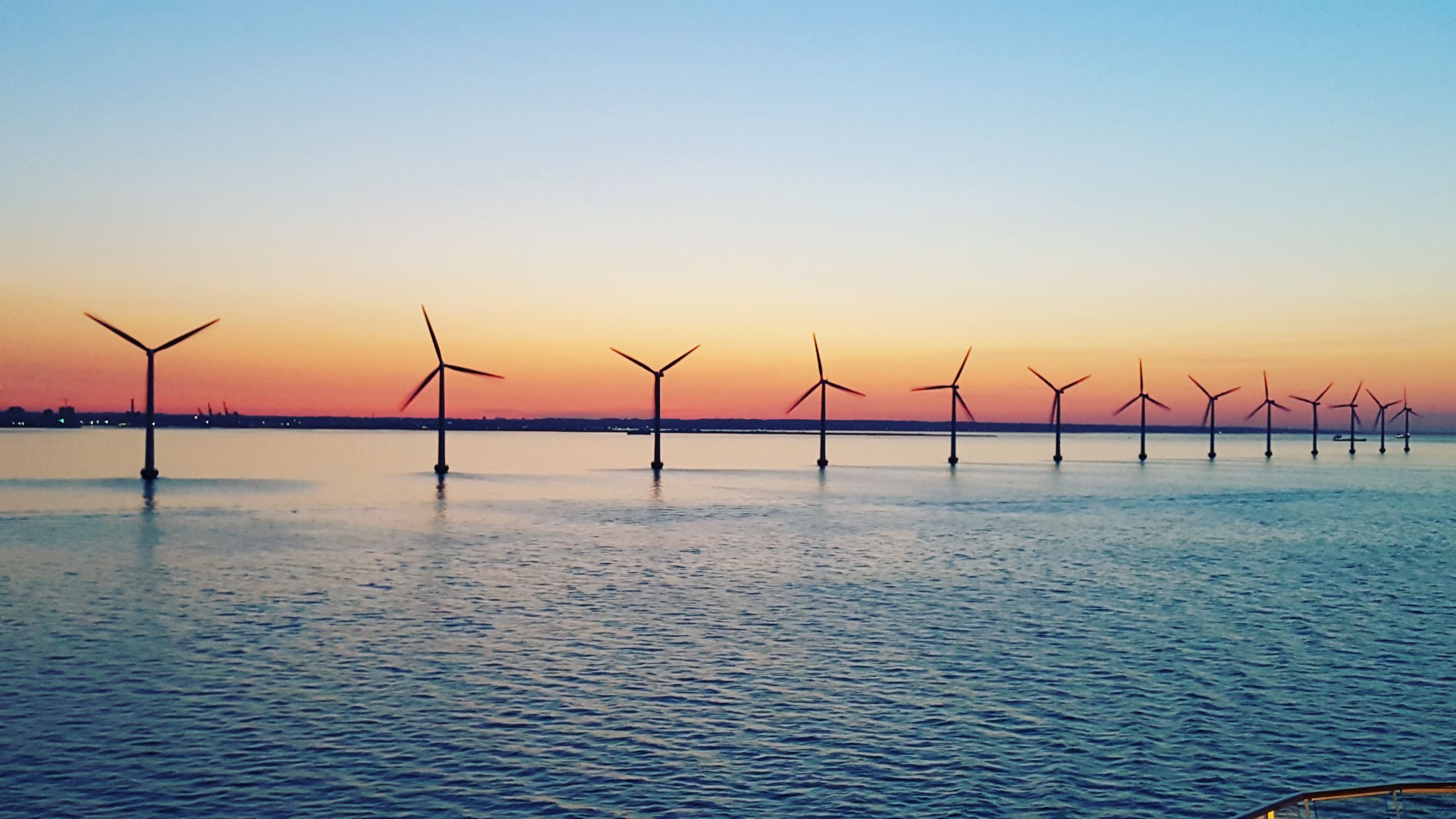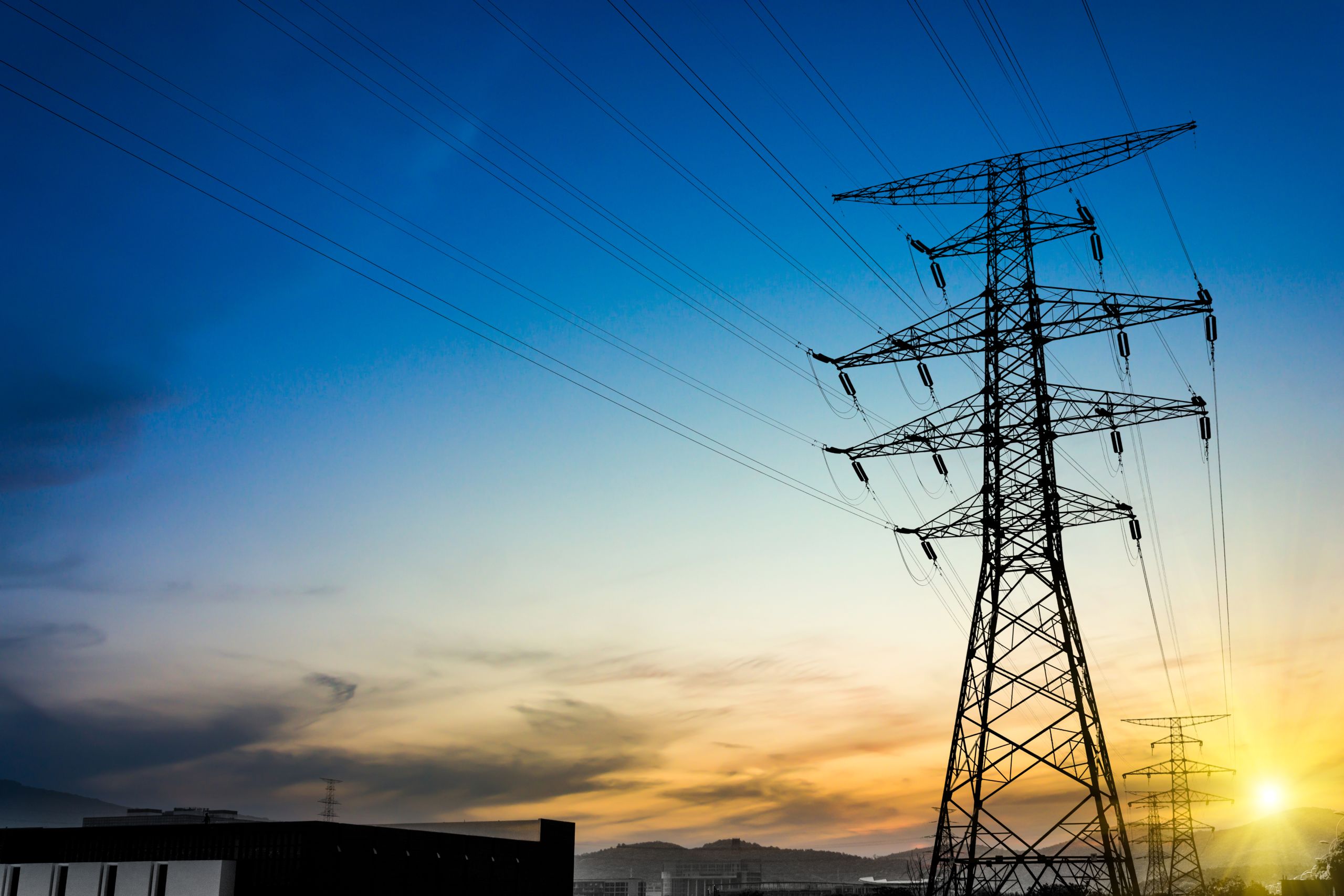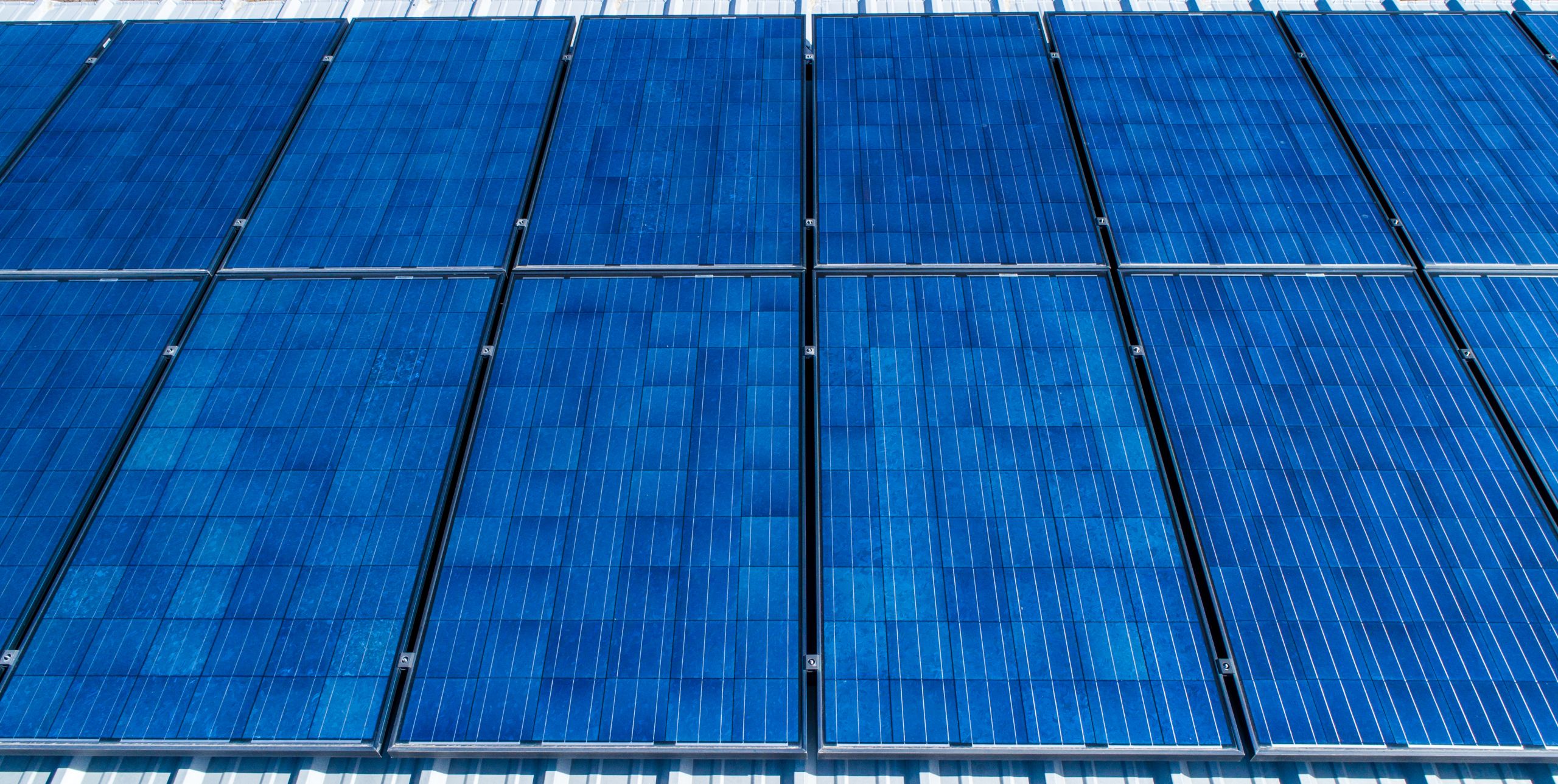Using new methodology to improve renewable energy efficiency
A new software tool has been developed to improve the design and efficiency of Hybrid Renewable Energy Systems.

Hybrid Renewable Energy Systems (HRES) combine two or more renewable energy sources, such as wind and solar, to provide a more efficient energy system that can balance the unpredictability of energy supply. They are often used in remote areas where financial resources can be limited, and energy system installation costs can be significantly higher.
During the planning stage of an HRES, the consultant or energy provider will evaluate the renewable resources available and the demand load for a particular build and will use this information to determine the best size and configuration of the system, which could include a combination of renewable, non-renewable, storage and backup components. But the performance of these systems can be affected by the uncertainties surrounding the availability of renewable resources and demand load, and end users still often find that the HRES does not perform as effectively as the supplier promised.
Addressing performance challenges
This deviation between expected and actual performance has become a major concern for consultancies and energy suppliers and was recently highlighted in a BBC Inside Out feature after thousands of customers complained to the financial watchdog as a result of the systems not bringing expected results. Losing the trust of customers could have severe financial implications for these businesses and is already having a detrimental effect on the renewable market.
Dr Alireza Maheri, Senior Lecturer in Engineering at the University of Aberdeen, has addressed the root cause of the problem by developing a software tool that uses a new HRES design methodology.

Developing bespoke energy systems
The free, modular-based software, Multi-objective Optimisation of Hybrid Renewable Energy Systems (MOHRES), uses innovative design and analysis methods to improve the design optimisation of HRES which results in more accurate performance predictions. The tool is the first of its kind to allow bespoke energy systems to be developed that satisfy end-users’ requirements in terms of the power supply, system costs and environmental impact, whilst also including end users at the design stage.
End users can discuss their expectations of the system with MOHRES designers and consider requirements such as power supply, initial and lifespan costs, and CO2 emissions. MOHRES then generates either a single or several solutions which meet these needs and can be discussed further with the end user who selects the preferred option.

Putting the end user first
Dr Maheri’s research evaluated the performance of systems designed by the traditional deterministic methods and showed that these design methods often led to unreliable or predictable performance.
The new tool uses nondeterministic analysis to predict different outcomes and consider renewable energy uncertainties. Traditional deterministic analysis does not directly consider these uncertainties in the problem formulation and instead uses average data which can lead to overdesigned and costly systems. However, MOHRES quantifies the uncertainties and uses them to identify user needs, which allows the system to be optimised for tangible and realistic results. The analysis is used to translate end user requirements into technical performance and ensures that the HRES solution is bespoke, cost-effective and reduces risk for the customer.
MOHRES is particularly effective for businesses considering investment in renewable energy systems and is already benefitting consultancy and energy providers, owners of existing HRES and HRES end users such as householders, industries and off-grid communities. Following the development of MOHRES, Dr Maheri held a number industry workshops to present the design tool which has already been adopted and used in the UK and abroad.
“Our research has raised awareness of the inefficiency of traditional approaches and planning methods and has enabled two renewable energy companies to conduct end-user centred designs for customers in the UK, Malaysia, Jordan and Turkey.
Both companies have experienced positive impacts as a result of using the tool and have attracted new customers. Off-grid disadvantaged communities in Turkey and Malaysia have also benefited from results of the research as the systems are fully tailored to their specific requirements.”
Dr Alireza Maheri
Dr Alireza Maheri
Impact
- For the first time, the introduction of MOHRES has allowed the development of bespoke energy systems that satisfy end-users’ requirements in terms of the power supply, system costs and environmental impact
- MOHRES ensures the system can meet demands and mitigate costs for the customer, which reduces risk, and is the first tool of its kind to involve end users at the design phase
- Dr Maheri’s research has changed practice within the industry by raising awareness of the inefficiency of traditional approaches and methods
- The tool helps disadvantaged off-grid communities in developing countries with limited financial resources
- Al-Narjes (Ltd) has adopted MOHRES for planning and delivering HRES projects in Jordan
- Supported by a Scottish Funding Council Innovation Voucher, a collaboration with manufacturing firm Aashraya Ltd allowed the company to utilise MOHRES to design more cost-effective and adaptable renewable products for the oil and gas industry and rural communities in challenging environments such as Sub-Saharan Africa and India
- MOHRES has also been used for producing energy transition scenarios in Mauritius by the Faculty of Sustainable Development and Engineering Université Des Mascareignes, and these scenarios have offered insight into new opportunities such as the production of hydrogen for export, distributed storage systems, and the utilisation of the current diesel power stations as backup systems




